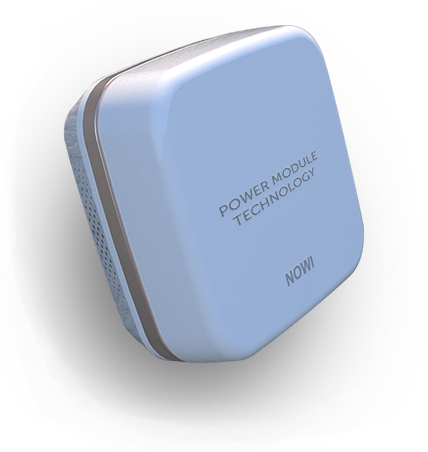[2019] Maximum Power Point Tracking IC Design based upon Self-Learning Algorithm for 100x Voltage Boosting
Project outside the university
NOWIThe central problem addressed by MPPT is that the efficiency of power transfer from the energy harvester depends on both the amount of power available and the electrical characteristics of the load. As the amount of power varies, the load characteristic that gives the highest power transfer efficiency changes, so that the efficiency of the system is optimized when the load characteristic changes to keep the power transfer at highest efficiency. In many energy harvesting situations the input is highly variable. For example, the sun might be behind clouds, or the source could be indoor lighting.
For many low-power devices it is important to be able to have high efficiency over a wide-range of inputs. Voltage boosting of 100X enables most sources of energy harvesting to be used, however this implies a 300 combination table on what the optimal MPPT configuration will be. A low-power and effective algorithm is required for optimal energy harvesting performance in low-power Internet of Things applications.
ABOUT NOWI:
NOWI has been founded in 2015 by two former TU Delft students. Currently it is a 18 people team located in YES!DELFT Labs close to the TU Delft campus. NOWI has developed technology that enables Internet of Things devices to live forever. Instead of needing to continuously bring energy to your device in the form of cables and battery changes, NOWI enables companies to use the energy that is already available around the device. This can be light, heat, movement or even radio waves. There is energy all around us that can be used to power IoT devices. With NOWI’s Energy Harvesting PMIC technology it is becoming possible for the first time to effectively use these sources as a reliable power source.
www.nowi-energy.com
info@nowi-energy.com
Assignment
Research Question: How to reduce the power consumption of a self-learning Maximum Power Point Tracking (MPPT) algorithm and implementation within a 300 combination table?
This graduation topic will start with learning the current MPPT that NOWI uses. You will be supported directly by a TU Delft PhD graduate who has worked on this. It will involve a literature survey on new developments in the field and finally design improvements (mixed-signal), which will be taped out in 65nm.
Requirements
MSc student in EE, Microelectronics Track. A sufficiently high grade for Analog Integrated Circuit Design (ET4252) is a must.
Contact
prof.dr.ir. Wouter Serdijn
Bioelectronics Group
Department of Microelectronics
Last modified: 2021-05-04
